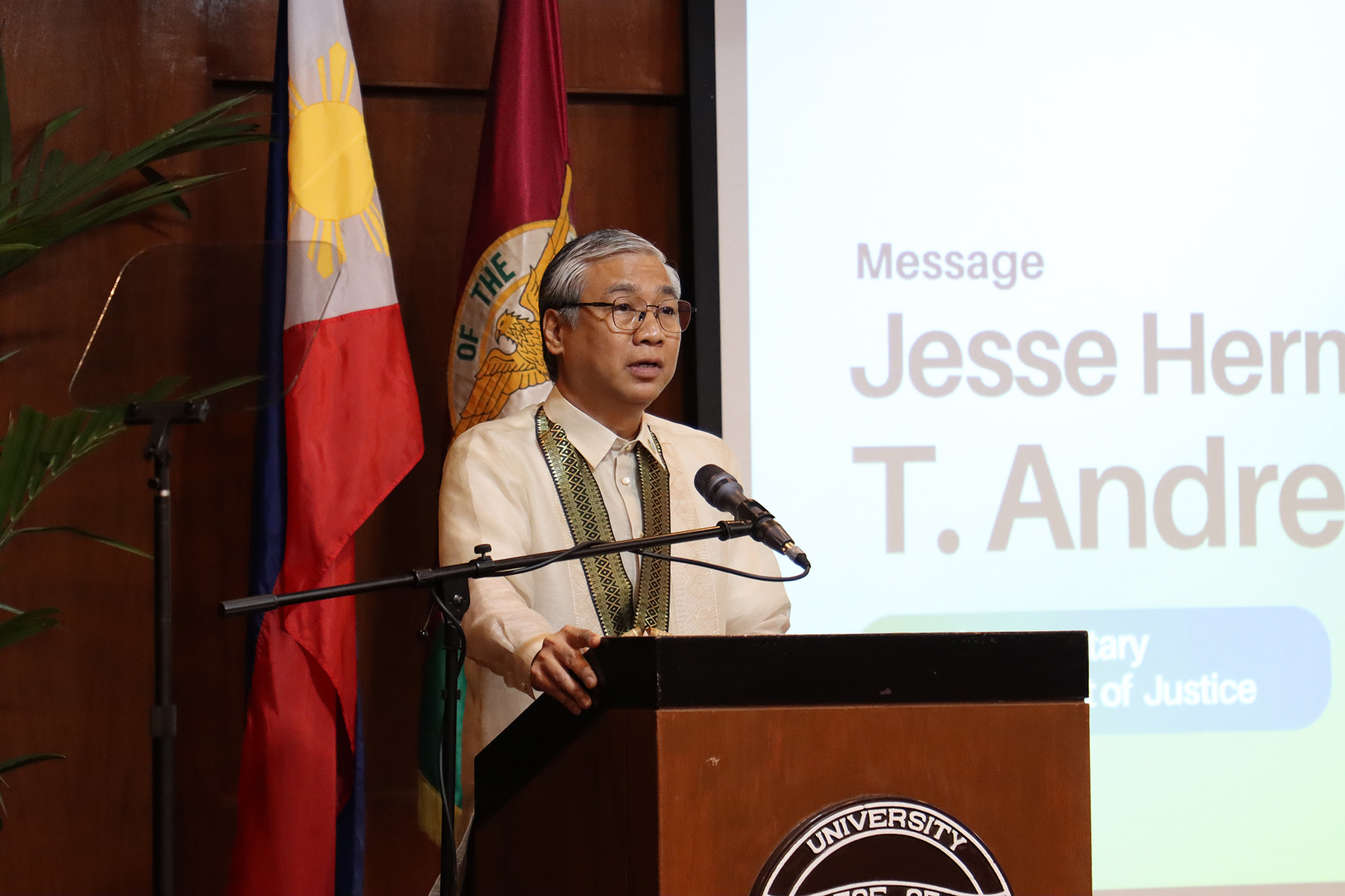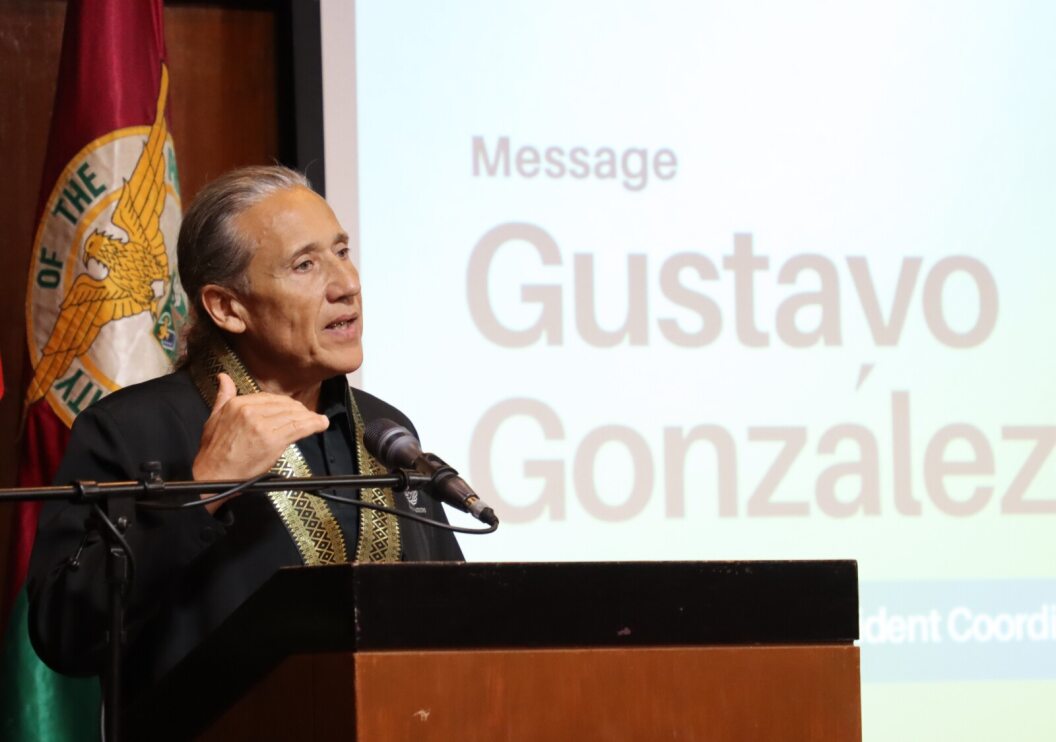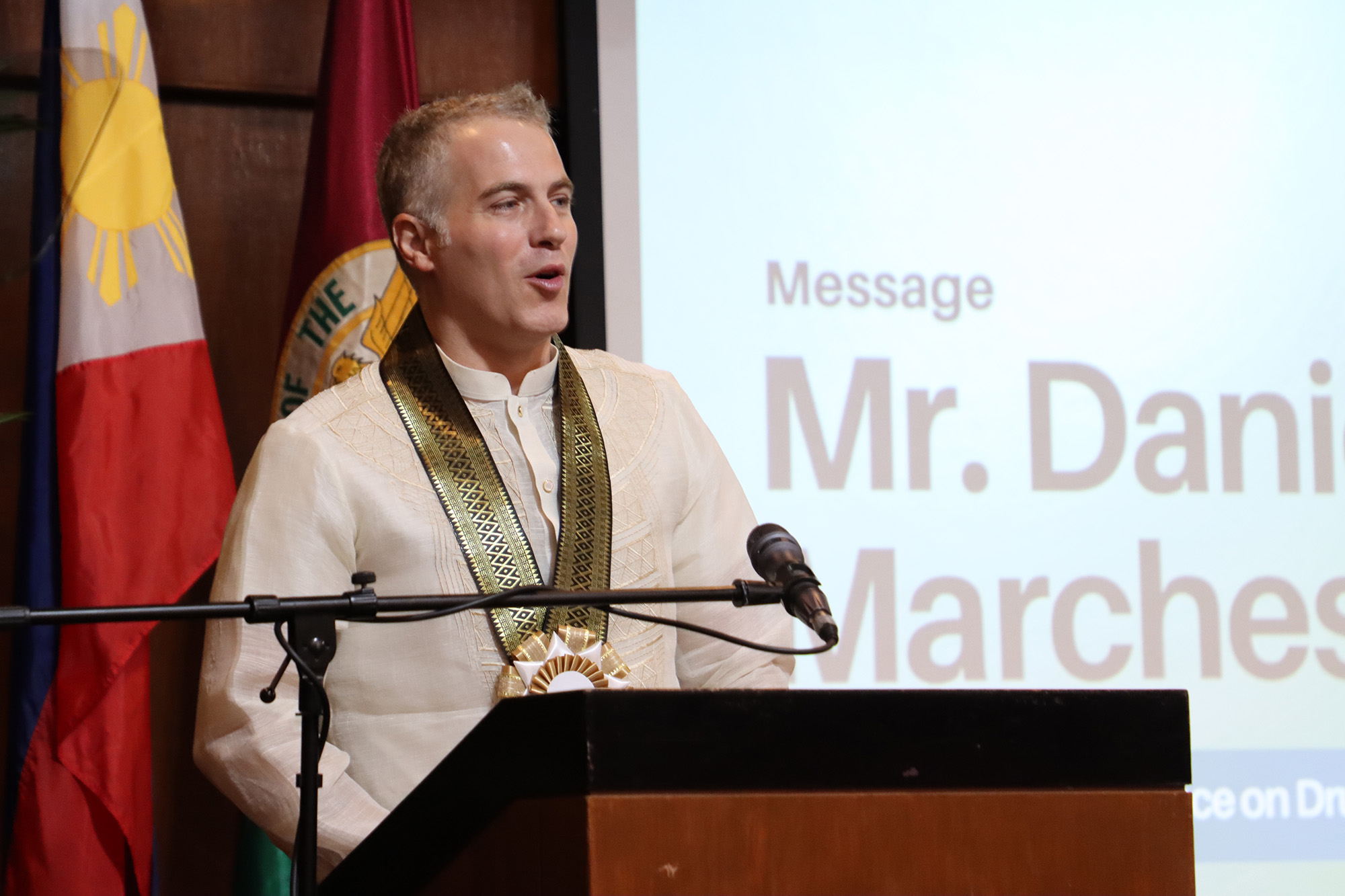
Quezon City (Philippines), 16 April 2024 – A multi-stakeholder initiative aimed at reforming the Philippines’ drug policy and law was launched today at Malcolm Hall, UP College of Law, UP Diliman. The Philippine Drug Policy and Law Reform Summit is a joint effort by the United Nations Joint Programme on Human Rights (UNJP), the United Nations Office on Drugs and Crime (UNODC), the Office of the High Commissioner for Human Rights (OHCHR), the Department of Justice (DOJ), and the Dangerous Drugs Board (DDB).
A New Direction for Drug Policy
President Ferdinand R. Marcos Jr.’s commitment to a human rights-based approach to drug control, emphasizing community-based treatment, rehabilitation, and reintegration, forms the foundation for the Summit. This new direction aligns with the pronouncements of both Justice Secretary Jesus Crispin C. Remulla, who emphasized the need to review the Comprehensive Dangerous Drugs Act of 2002, and Secretary Catalino S. Cuy, who reaffirmed the government's commitment to a whole-of-nation approach that prioritizes public health and welfare.
In his keynote message, Department of Justice Undersecretary Jesse Andres emphasized the importance of enacting significant reforms and shaping the future of Philippine drug policy in a way that empowers the marginalized and prioritizes their well-being. Andres stressed the need to "hear the voices of the voiceless, those most affected... so we can put forth a comprehensive solution that is not limited to law enforcement" and to advocate for drug policies that prioritize the well-being and dignity of all Filipinos.

A Shift Towards Public Health-Centered and Human Rights-Based Approaches
Dangerous Drugs Board Undersecretary Earl Saavedra presented a new direction for the Philippine Anti-Illegal Drugs Strategy, unveiling its health, social, and developmental pillar. This pillar prioritizes evidence-based public health interventions that respect human rights and uphold the dignity of all individuals. Underscoring a collaborative approach, the DDB emphasizes the importance of a "whole-of-nation" effort in crafting these strategies.
Undersecretary Saavedra further emphasized that policies and laws on drugs require a scientific, evidence-based, and health-centered approach that fully respects human rights. He made it clear that this commitment to human rights is non-negotiable.
UN Commitment to Reform Efforts
This commitment to human rights resonates with the United Nations. The UN Resident Coordinator reaffirmed their strong support for a human-rights-based approach to drug policy. They commended the Philippine government's efforts to reform drug policy, particularly the focus on placing people at the center of the response, ending stigma associated with drug use, and upholding the human rights of people who use drugs. As UN Resident Coordinator Gonzales stated, "The UN supports the Philippine government's efforts to reform drug policy that would put people at the center of response, aspire to end stigma, and truly uphold the human rights of people who use drugs."

Inclusive and Multi-Stakeholder Process
The Drug Policy Summit will feature in-depth discussions with representatives from 25 key sectors, including children, youth, women, people who use drugs, LGBTQIA+ individuals, law enforcement agencies, and healthcare professionals, among others. These dialogues will lay the groundwork for a three-day Summit featuring plenary sessions, focused breakout discussions, and additional side events.
Underscoring the importance of inclusivity, Dean Berberabe of the UP College of Law emphasized the need for diverse representation – women, law enforcement, healthcare workers, and more – to achieve a comprehensive understanding of drug policy reform. "We must ensure diverse representation of sectors for a holistic view of drug policy reform," Dean Berberabe stated.
A Roadmap for Change
The Summit will conclude with a media event at the Malacañang Palace, where a high-level declaration will be presented, outlining a commitment to a comprehensive drug policy and legal reform roadmap. This reform process will benefit from a strong collaborative effort involving the United Nations Joint Programme on Human Rights (UNJP), the United Nations Office on Drugs and Crime (UNODC), and the Office of the High Commissioner for Human Rights (OHCHR) alongside the Philippine government's Department of Justice (DOJ) and the Dangerous Drugs Board (DDB). Local partners, including the UP Institute of Human Rights (UP IHR), and NGOs like Initiatve for Dialogues and Empowerment through Alternative Legal Services, the Drug Policy Reform Initiative, NoBox Philippines, StreetLaw PH, IDUCare, and Institute for Politics and Governance, will further bolster this collaborative approach.